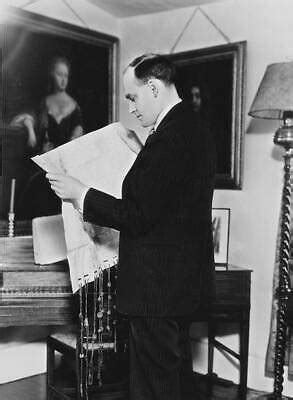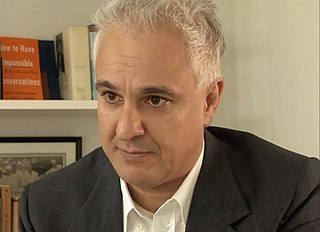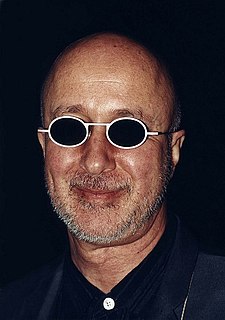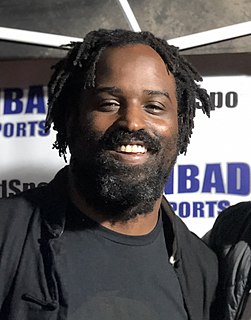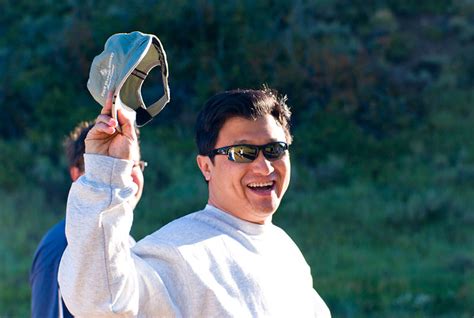A Quote by Marvin Ammori
Ever since the end of Medieval feudalism, and the writings of John Locke, we have understood the importance of being able to buy and sell one's own property, including books and watches, both for reasons of economics and liberty.
Related Quotes
Investing is the intersection of economics and psychology. The analysis is actually the easy part. The economics, the valuation of the business isn't that hard. The psychology - how much do you buy, do you buy it at this price, do you wait for a lower price, what do you do when it looks like the world might end - those things are harder. Knowing whether you stand there, buy more, or whether something has legitimately gone wrong and you need to sell, those are harder things. That you learn with experience, by having the right psychological makeup.
Nine-tenths of the people are at present freeholders... The time is not distant when this country will abound with mechanics and manufacturers who will receive their bread from their employers. Will such men be the secure and faithful guardians of liberty? Give the votes to people who have no property, and they will sell them to the rich who will be able to buy them.
Liberalism is a creation of the seventeenth century, fathered by British philosopher John Locke (1632-1704). For Locke, liberalism means limited government, the rule of law, due process, liberty, freedom of religion, freedom of speech, freedom of the press, freedom of assembly, separation of church and state, and separation of government powers into branches that oversee each other's authority.
Thirdly, the supreme power cannot take from any man any part of his property without his own consent: for the preservation of property being the end of government, and that for which men enter into society, it necessarily supposes and requires, that the people should have property, without which they must be supposed to lose that, by entering into society, which was the end for which they entered into it; too gross an absurdity for any man to own.
I spoke to Tom's [Hardy] manager and said, "While we're talking about Taboo, do you mind if I also mention this film project that I've got, which is called Locke, and I need Tom to play the lead." And we spoke about both in that meeting and in the end the deal was that I would do Taboo if he did Locke and vice versa.



